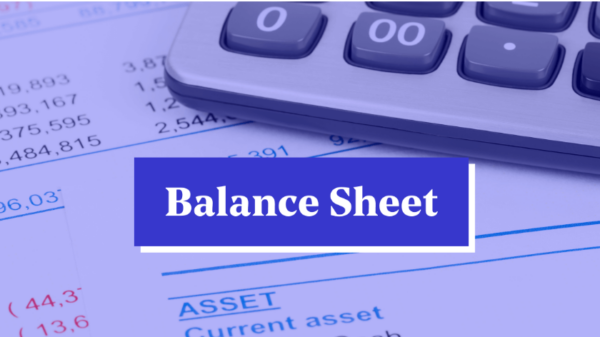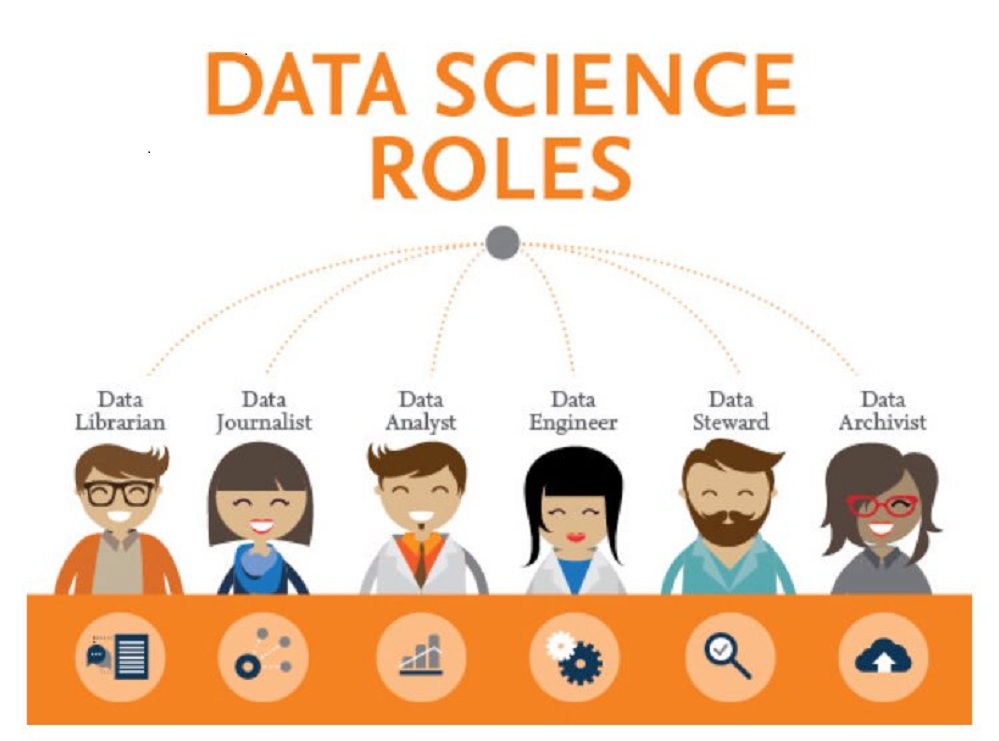Data science has been a buzzword in the industry. Especially because of the lucrative job opportunities and the prospect of growth it offers. Compared to other jobs in the industry, roles in data science are expected to grow at 11 percent annually between 2014- 2024. This is more than the average job growth rate in any sector. Moreover, the average compensation for an entry-level role in data science is more than the national median wage across most nations.
Inevitably, data science has caught attention of job seekers. Fresh graduates are striving to get into data science, while seasoned professionals are putting in effort to learn and transition to a data science career.
Why is there demand for data science roles?
Demand for data science spiked almost instantaneously as companies got their hands on large volumes of data. Although data-driven decision making was a part of well-performing organizations earlier, it became mainstream as companies got access to large volume data. Companies can now use this data to understand customer and their behavior, sort operational challenges, and build better employee retention strategies.
Problems which were earlier solved with guesswork or hit-and-trial methods are now solved with data techniques – collectively called data science. It combines statistical techniques, programming, and sophisticated machine learning algorithms to dissect problems to their simplest form and derive solutions. Thus, requiring companies to hire people skilled in data science.
To take advantage of this demand, professionals are moving towards data science certifications, training, workshops, and seminars. And looking for ways to equip themselves with required skills.
Various roles in data science
Contrary to popular belief, data scientist alone isn’t the only role in the data science field. There are many other roles that comprise data science. Typically, a professional in a data science career progresses from an analyst to principal data scientist. A data science department comprise an analyst, data scientists, senior data scientists, and principal data scientist. All differ in their experience. More or less, perform the same task, varying in complexities.
Other popular roles in data science include —
- Data Engineer—These professionals are responsible for building data infrastructure which secures and facilitates data to scientists and analysts. Their competence includes knowledge of various data processing tools – Hive, Spark, Flume, Hadoop, Mongo DB, etc. Primarily, they are responsible for building data warehousing solutions for companies. Data Engineers have a background in ETL (Extraction, Transmission, and Loading). They are well-versed in programming with Java, R, Python and other analytic rendering languages.
- Data Architect – This role requires understanding of data warehousing and database design. These professionals are responsible for helping companies design secure, reliable, and manageable data management solutions. Experience with databases and Big Data tools is mandatorily required for this role. In simple words, this role is an evolution of data analyst to database designer, working with the skills of both.
- Data Scientist—Data scientists extract relevant data, clean it, and analyze it to derive insights. These professionals possess strong analytical skills, knowledge of statistics, and machine learning algorithms. Proficiency in programming languages like R, Python, MATLAB, SAS, etc. is required for this role.
- Marketing Analyst — These professionals have good knowledge of marketing metrics and well-versed in using various marketing tools and technologies. They help companies make better decisions about marketing opportunities.































































You must be logged in to post a comment Login